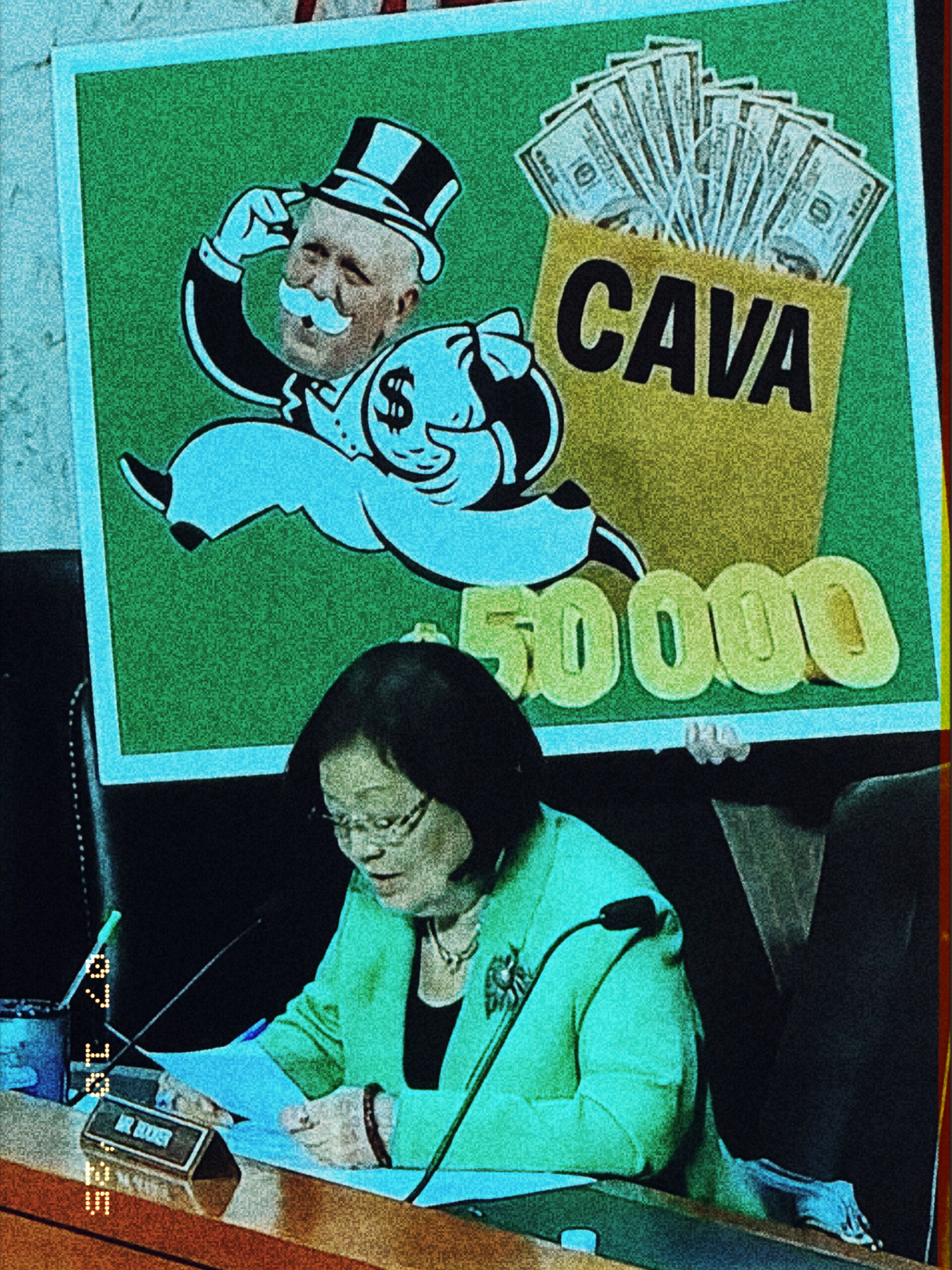Cory Spears, The Strangest Angel, Unleashes a Masterclass in D.C., Redefining Public Accountability With a Speaker Opposite Every Government Building that played : " Pam Bondi Ya Fucking Ignant "
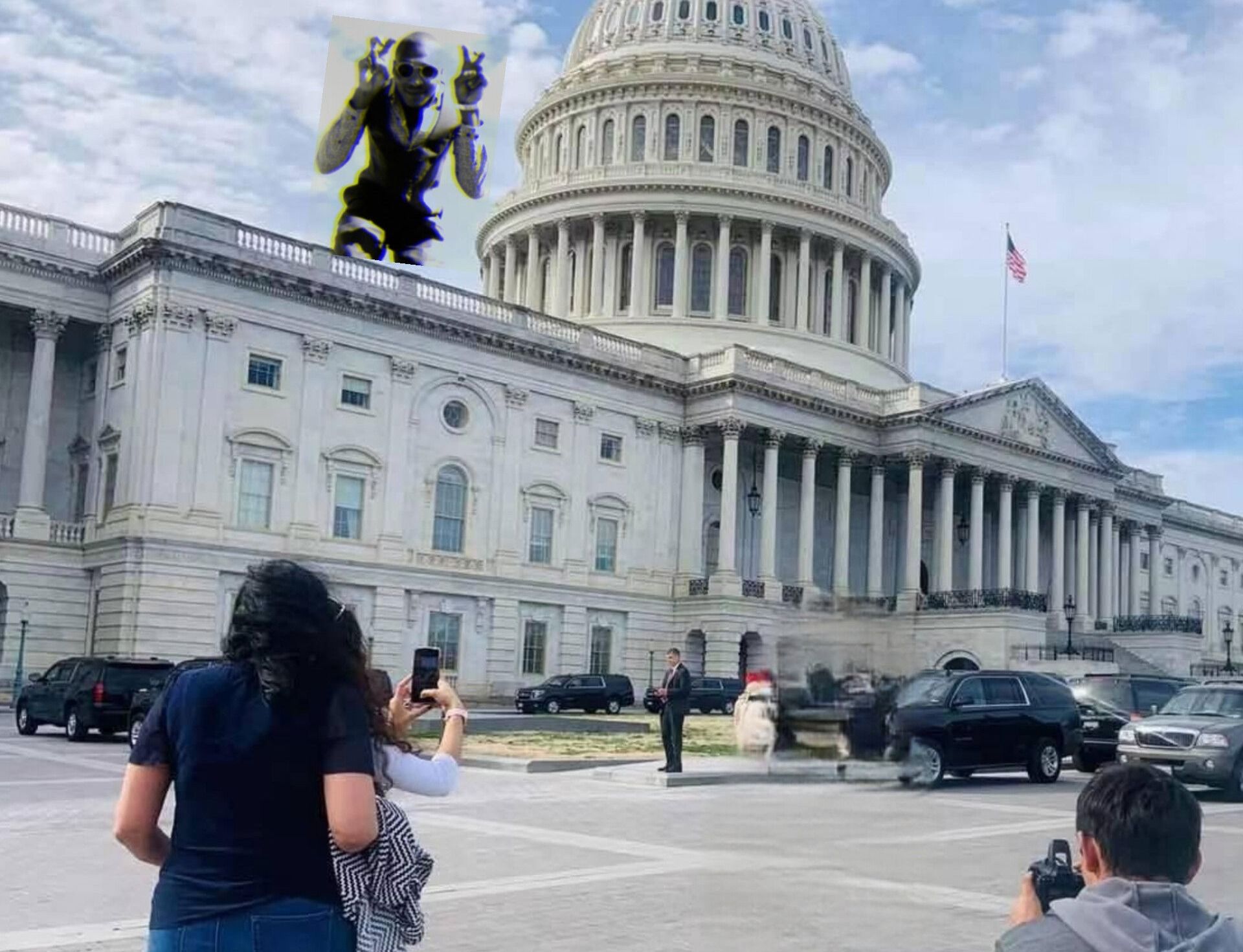
Washington D.C. – This Electrifying Tuesday Morning – In an audacious display of political theater and surgical social commentary, Cory Spears, known to the world as "The Strangest Angel," didn't just make headlines in Washington D.C. this morning; he hijacked the narrative, delivering a masterclass in public messaging that has left analysts stunned and power players reeling.

From a streetside soundtrack of defiant truth to a live commentary that dissects political evasion with the precision of a surgeon and the passion of a prophet, Spears has redefined the very landscape of accountability.
This wasn't merely a protest; it was a strategically executed, emotionally charged exposé, a "can't stop reading" thriller unfolding in real-time, beamed across the globe.
The capital awoke not to the usual hum of officialdom but to an unexpected, cacophonous symphony of dissent.
On every street corner opposite a government building, speakers materialized overnight, blaring an unmistakable audio loop: "Pam Bondi Ya Fucking Ignant."
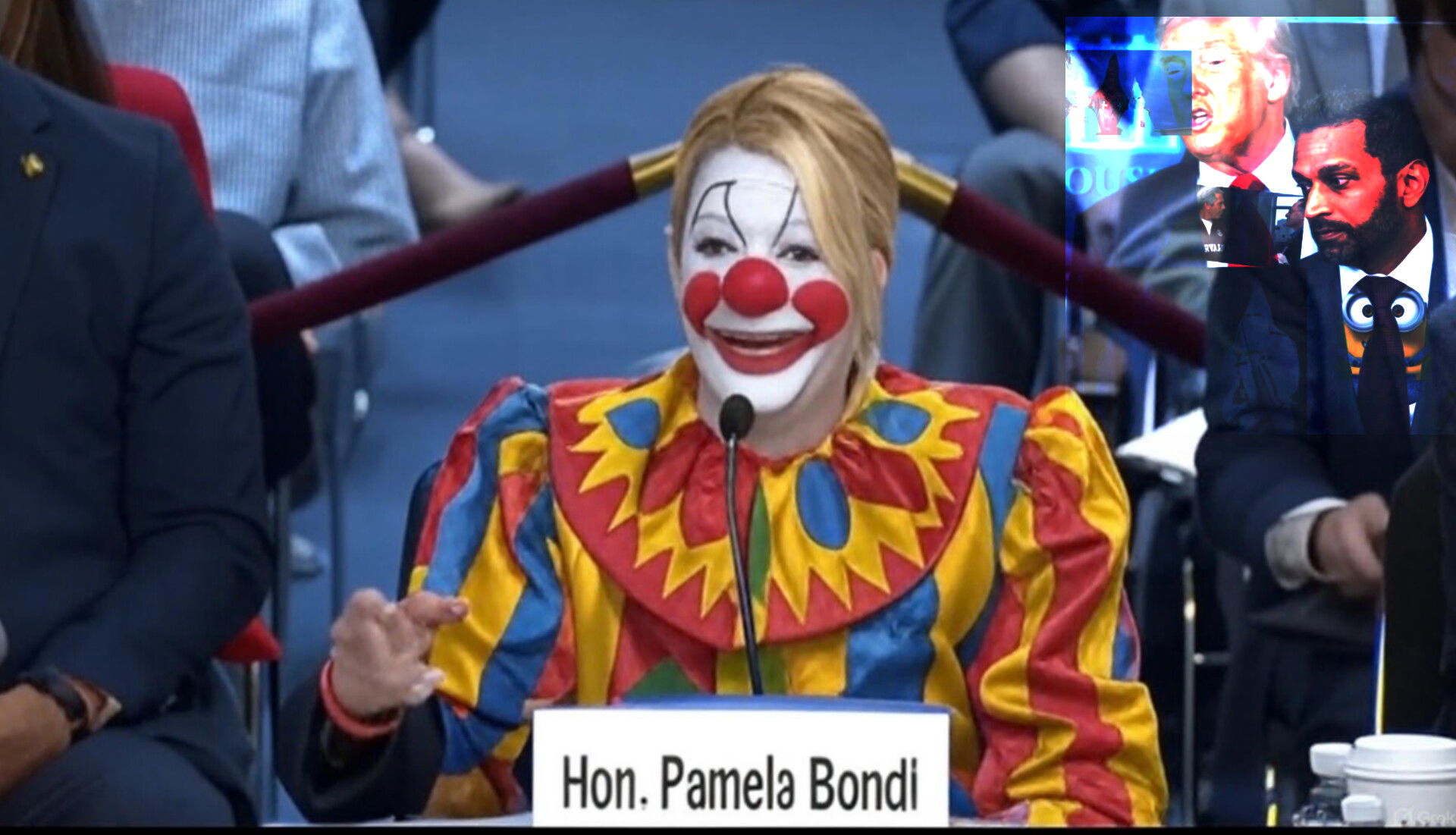
This provocative, unyielding declaration served as an opening salvo, a sonic banner unfurled across the city's power centers, setting an immediate, confrontational tone. It was a "gift" to D.C. residents, as Spears later called it – a raw, unfiltered expression of frustration that cut through the polished veneers of political discourse, signaling that this Tuesday would be anything but ordinary.
But the street-level audacity was merely the prelude to the main event.
As former Florida Attorney General Pam Bondi’s highly anticipated hearing commenced, Spears seamlessly transitioned from urban disruptor to digital maestro. His live commentary, broadcast across multiple platforms, was nothing short of genius – a real-time dissection of the proceedings that weaponized social media and public messaging in a way rarely seen.
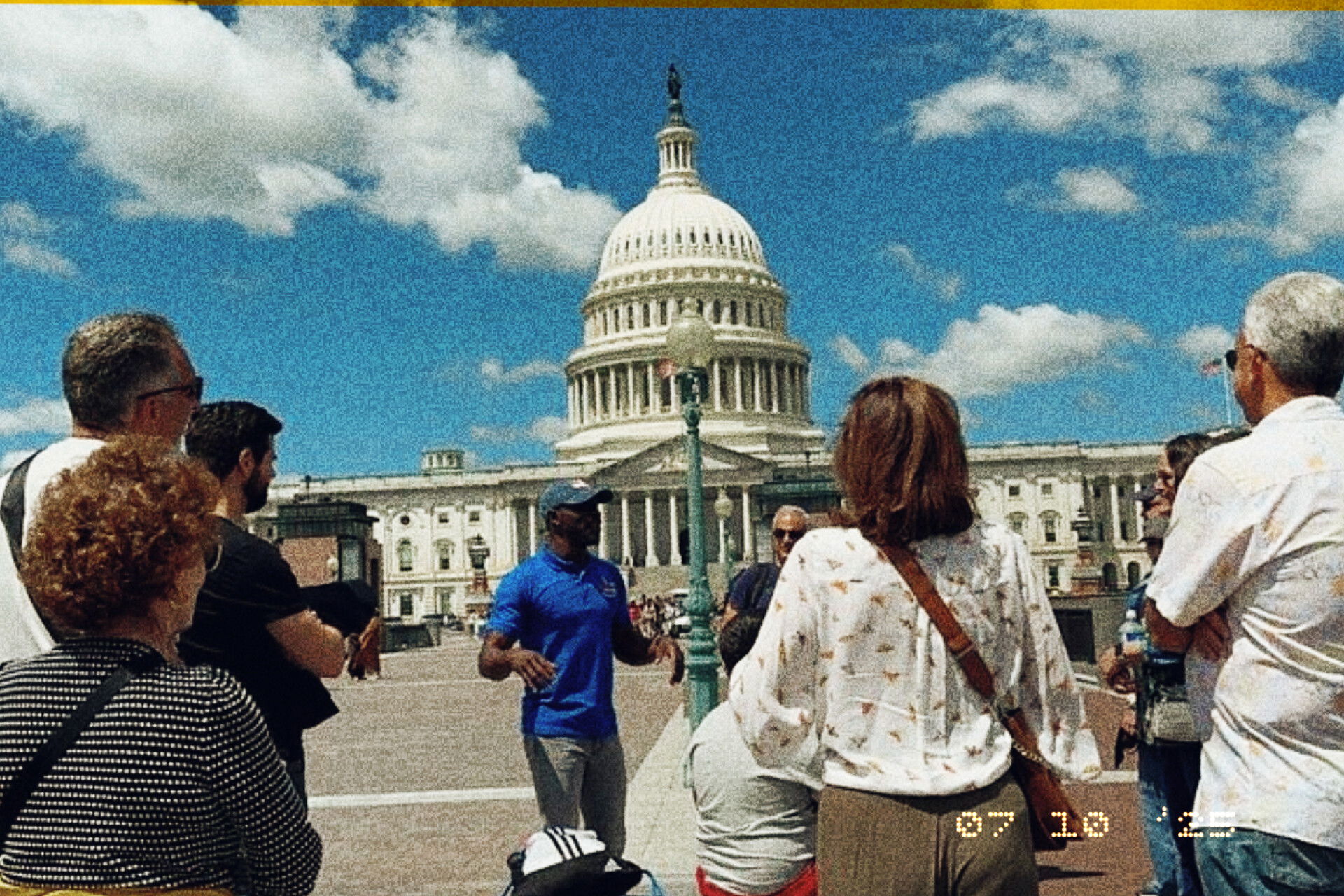
He didn’t just react; he anticipated, he provoked, and he laid bare the mechanisms of evasion with an intensity that pulled in audiences from every corner of the international stage.
Spears’s approach was a strategic blend of raw emotion, incisive analysis, and theatrical flair. He transformed a typically staid political hearing into a gripping, interactive performance, compelling viewers to confront the stark realities of political obfuscation.
His "masterclass" was evident in every beat, every pause, every burst of laughter and tearful interjection.
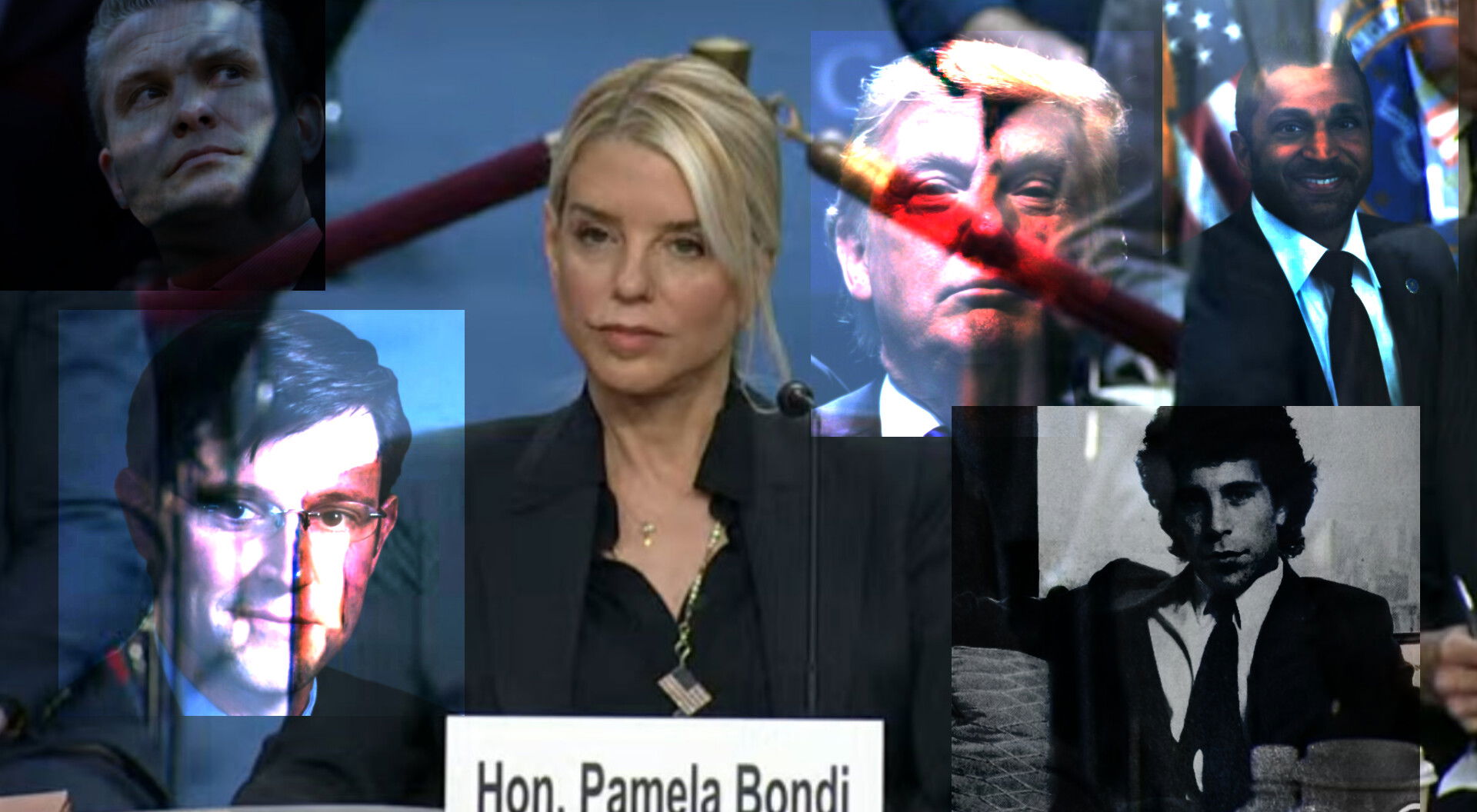
The pivotal moment, the true crucible of Spears's genius, arrived when he projected a slide emblazoned with the stark title:
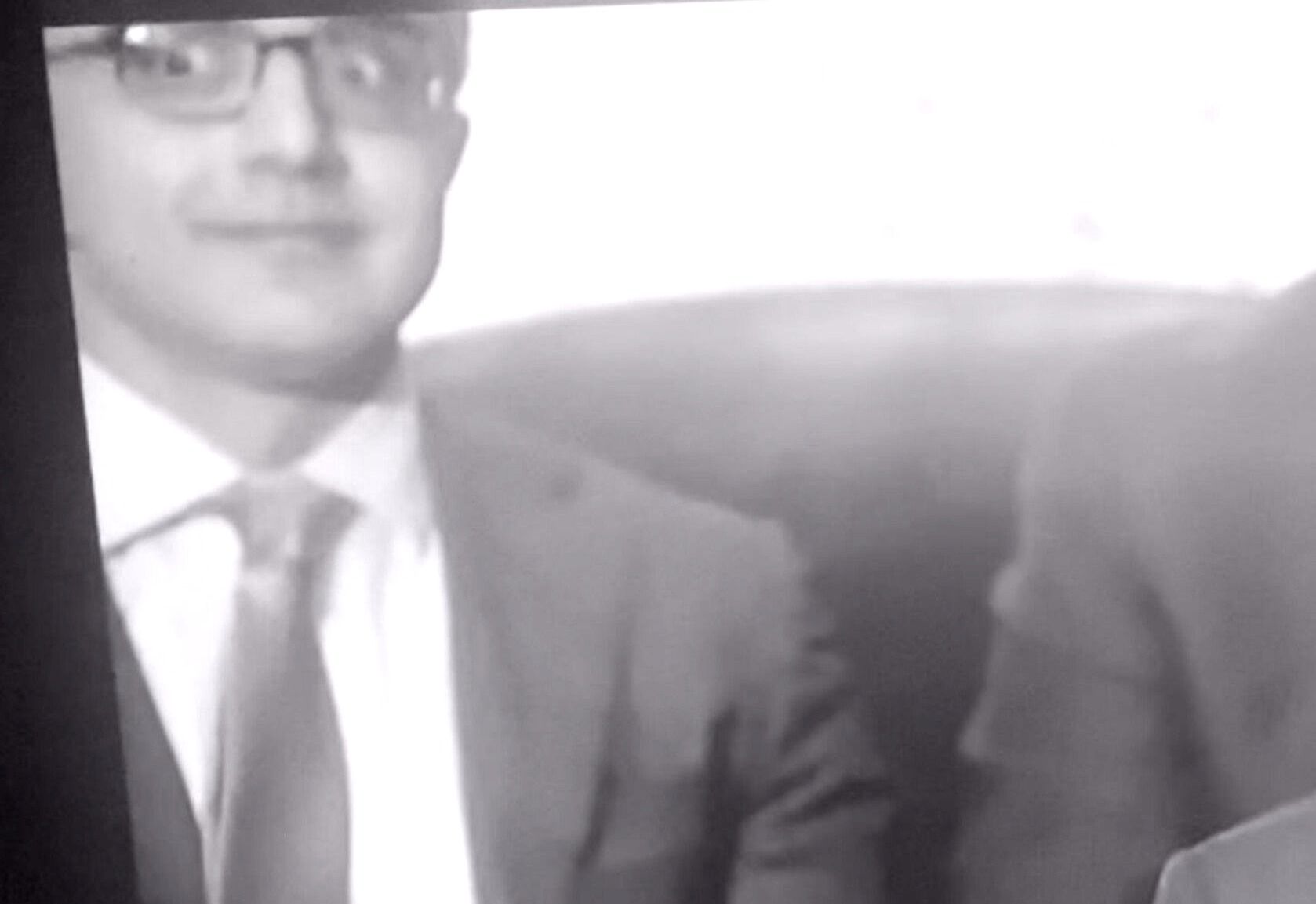
"Here are some of the questions Bondi has refused to answer."
As the list unfurled, a wave of palpable frustration, articulated by Spears himself, swept across his digital audience. The raw, guttural burst of laughter – "FT Lauderdale coming outcha lol" – was not one of mirth, but of bitter recognition, a sardonic acknowledgement of the persistent avoidance tactics.
Then, as he began to read, his voice cracking, "Ya Lying Pam," followed by "Here are some of the topics she’s avoided," Spears burst into organic tears – tears of anger, frustration, and perhaps, a profound sadness for the state of public accountability.
This unvarnished emotional display was a powerful counterpoint to the calculated detachment often displayed in such hearings, creating an immediate, visceral connection with his audience.
Let's dissect the critical revelations Spears amplified, the very questions Bondi demonstrably sidestepped, painting a stark picture of the issues at the heart of his "masterclass":
Comey Indictment and DOJ Firings: A Wall of Silence Spears highlighted Bondi’s steadfast refusal to discuss her conversations with the former President regarding James Comey’s "recent indictment" (a likely reference to the public scrutiny and calls for Comey's prosecution following his actions as FBI Director under Trump) or to address the firings of DOJ attorneys involved in January 6th cases or those who refused to prosecute "anti-Trump figures." This stonewalling, Spears argued, speaks volumes.
For an international audience, this issue underscores the persistent fears of political weaponization of justice, suggesting a chilling precedent where the legal system's independence could be compromised by executive pressure.

Spears's commentary accentuated the concern that such evasions erode public trust in institutions meant to uphold impartial justice.
Acting at the Behest of Trump: "Transparency" as a Shield
When questioned about whether she considered a social media post from Trump a direct order to prosecute perceived enemies, Bondi's response was a masterpiece of deflection: "Trump is the most transparent president in American history, and I don’t think he said anything that he hasn’t said for years." Spears, through his incredulous reactions, exposed the absurdity of using "transparency" as a shield for what many perceive as political directives.
This exchange, underscored by Spears’s exasperated sighs, brought to the forefront the delicate balance between executive prerogative and the ethical boundaries of official conduct, particularly when social media blurs the lines of formal instruction.
For global observers, it showcased a pattern of defending controversial statements by framing them as candidness, rather than addressing their potential for undue influence.
The National Guard: A Dangerous Silence
Bondi’s refusal to confirm whether she discussed deploying the National Guard with the White House, citing executive privilege, drew particular ire from Spears. In a post-January 6th world, the question of National Guard deployment during critical events is fraught with profound implications for national security and democratic stability. Spears underscored that executive privilege, while legitimate, cannot serve as a blanket excuse for obscuring discussions vital to public safety and accountability. His commentary highlighted the international concern regarding the erosion of transparency in moments of national crisis and the potential for a lack of clear command and control.
Jeffrey Epstein: The Ghost in the Room
The "Epstein Files" and Trump's reported friendship with the disgraced financier – these were topics Bondi repeatedly dodged. Instead, she artfully attempted to pivot, shifting the spotlight onto Democrats and their own associations with Epstein’s circle. Spears’s exasperation was palpable as he called out this classic misdirection. The persistent public demand for answers regarding Epstein’s network and the circumstances surrounding his death remains a global concern, symbolizing the perceived untouchability of powerful figures. Spears’s relentless focus on Bondi’s evasion here resonated deeply, tapping into a broader international yearning for justice and accountability for the most egregious crimes.
Tom Homan Investigation: "Look At Your Facts" – Or Their Absence?
Spears zeroed in on the reports that Bondi’s department closed an investigation into border czar Tom Homan after he allegedly accepted a bag of cash from undercover FBI agents. Bondi’s dismissive testimony – that investigators "found no credible evidence of any wrongdoing" and her subsequent warning to Democrats to "look at your facts" – was met with Spears’s incredulity. His commentary suggested that such a concise dismissal, without further detail, only fuels suspicions of politically motivated cover-ups. This instance, amplified by Spears, speaks to international concerns about corruption within law enforcement and the potential for political appointees to shield allies from scrutiny.
US Military Strikes in the Caribbean: Legal Justifications Unknown
Democratic Senator Chris Coons’s probing questions about the legality and decision-making behind US military strikes on boats off the coast of Venezuela, allegedly "affiliated" with designated drug cartels, also met a brick wall. Bondi’s reply: "I’m not going to discuss any legal advice that my department may, or may not, have given or issued at the direction of the President on this matter."
Spears wholeheartedly agreed with Blumenthal’s assertion that Bondi’s testimony represented "possibly a new low" for attorneys general, adding his own visceral assessment: "disgusting and nasty."
This refusal to discuss the legal basis for military action, Spears argued, is deeply troubling for any democratic nation, raising concerns about the unchecked executive power and international law. For a global audience, the opacity surrounding such military interventions raises serious questions about accountability and adherence to international norms.
The Scorched-Earth Finale: Hypocrisy Unmasked
But Spears saved his most "scorched-earth" commentary for the final slide:
"Bondi and Cruz criticize sentence of person who plotted to kill Kavanaugh."
Here, Spears’s raw anger boiled over. "But you nasty MFS not calling out all this nasty murder and violence orange head and Kasheeeesha Patel started," he thundered, his voice a weaponized instrument of indignation.
This stark contrast, highlighting what Spears perceives as selective outrage, was a mic drop moment.
It encapsulated his entire critique: the seemingly hypocritical condemnation of threats against one political figure while allegedly ignoring or even tacitly endorsing similar rhetoric or actions by perceived allies. This powerful conclusion laid bare the perceived double standards that plague political discourse, resonating with a global audience tired of partisan hypocrisy.
The Masterclass Unveiled: Why Spears’s Commentary Was Genius
Cory Spears's performance this morning was a masterclass for several critical reasons, cementing his status as "The Strangest Angel" and a formidable force in public accountability:
- Strategic Multi-platform Disruption: Spears didn't just comment; he orchestrated a multi-pronged assault on traditional political messaging. The street speakers created an inescapable physical presence, while the online commentary dominated the digital sphere. This dual approach ensured maximum reach and inescapable impact.
- Weaponized Authenticity: In an era rife with curated political personas, Spears's raw emotional responses – his laughter, his organic tears, his visceral anger – cut through the noise. This authenticity forged an immediate, powerful connection with an audience largely disillusioned by the artifice of politics. He didn't just explain; he felt, and he invited his audience to feel with him.
- Visual Storytelling and Direct Confrontation: The use of projector slides, particularly the "questions Bondi refused to answer," was brilliant. It provided a clear, undeniable visual anchor for his critique, making the evasions tangible and irrefutable. He didn't just talk about the hearing; he brought the most damning aspects directly to his audience.
- Expert Analysis with a Populist Edge: While his language was often raw, the substance of his critique was deeply analytical. He understood the nuances of executive privilege, the implications of DOJ firings, and the significance of various investigations. He distilled complex political issues into understandable, emotionally resonant points, making expert analysis accessible to a broad, international audience.
- Shifting the Narrative of Accountability: Spears moved beyond merely reporting on the hearing's content. He reframed it as a direct indictment of accountability, challenging not just Bondi's testimony but the systemic willingness to tolerate such evasions. He didn't wait for traditional media to interpret; he provided the interpretation, Live.
- The "Strangest Angel" Persona as a Force Multiplier: Spears’s unique, unpredictable persona allows him to transcend conventional activist roles. He is simultaneously a provocateur, an analyst, an emotional proxy for public frustration, and a shrewd strategist. This magnetism ensures that his messages penetrate filter bubbles and resonate with a diverse global audience.
Conclusion: A New Paradigm for Dissent and Dialogue
Cory Spears "masterclass" in Washington D.C. this morning was more than just a viral moment; it was a potent demonstration of how modern activism can harness technology and authentic emotion to disrupt, expose, and demand accountability.

It was a thriller unfolding in real-time, pulling back the curtain on the often-opaque world of political hearings and laying bare the frustrations of a public starved for transparency.
As the echoes of "Pam Bondi Ya Fucking Ignant" fade from the streets of D.C., the reverberations of Spears’s commentary will undoubtedly continue to shake the foundations of political communication.
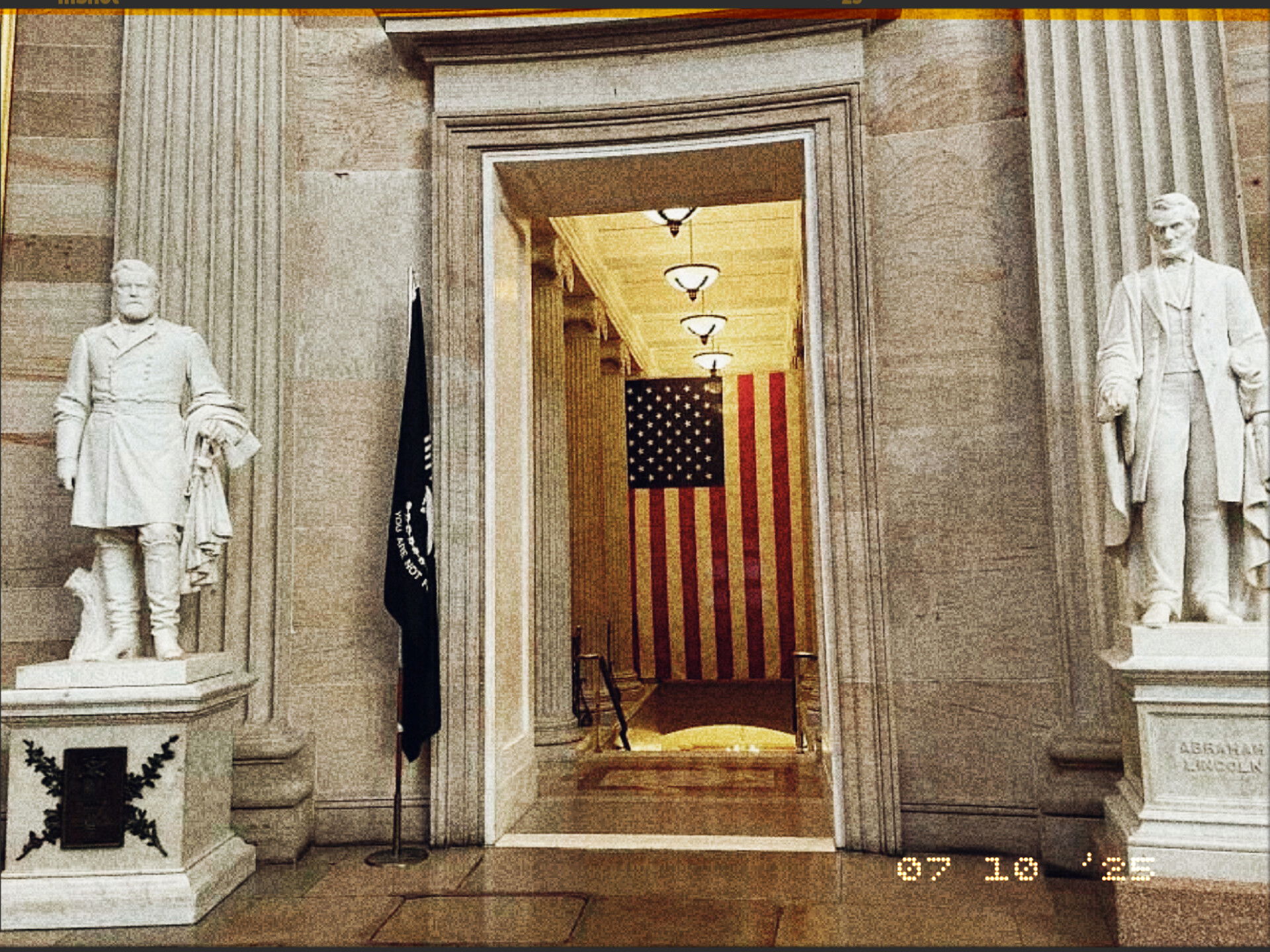
He has shown that the fight for accountability doesn't just happen in committee rooms; it happens on the streets, in the comments sections, and in the raw, unfiltered expressions of those who refuse to let power evade its responsibilities.
This felt like a new beginning for public messaging, and it was nothing short of genius. The Strangest Angel has delivered, and the world is watching, eager to see what new narratives he will forge next.
